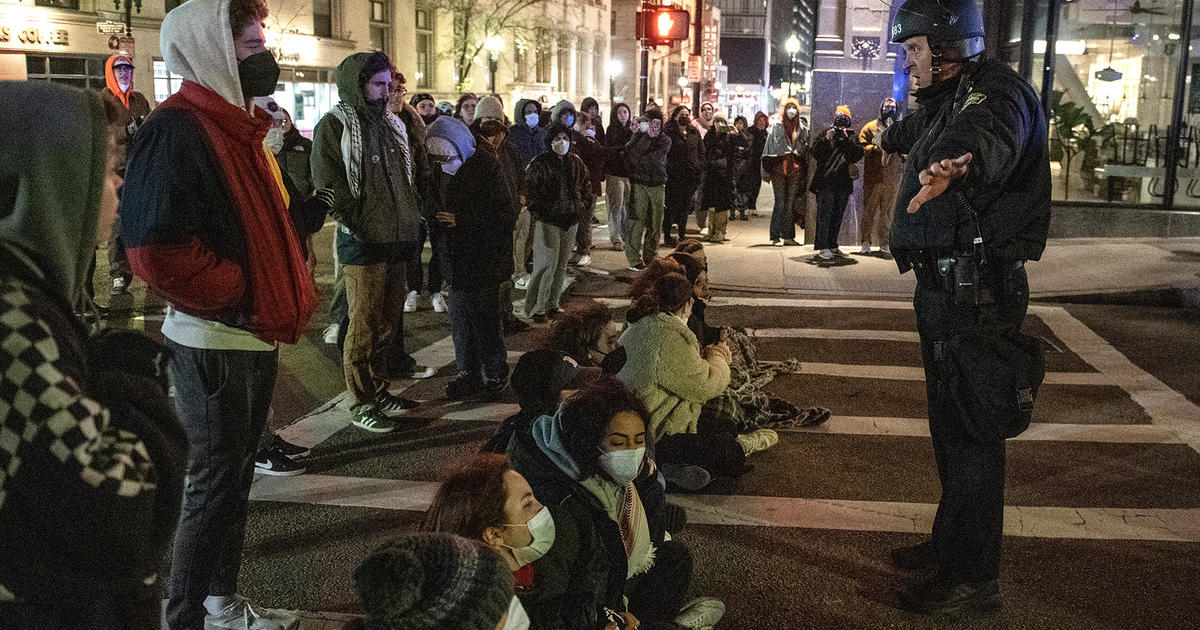Keller @ Large: How Madoff's Fraud Was A Harbinger Of Future Scams, Conspiracies
BOSTON (CBS) - For decades, no one pushed back on Bernie Madoff's lies and fraud. After all, he was a distinguished Wall Street figure, head of the NASDAQ at one point.
And who could argue with annual double-digit returns on your investments?
Exclusivity was part of Madoff's appeal. "You had to be special, not anybody off the street could get in, so obviously you want in," notes Barbara Anthony, former state undersecretary of consumer affairs.
Handing your money over to Madoff gained you membership in an exclusive world of easy profit, a sort of conspiracy of wealth. It's not unlike the lure of current-day conspiracy groups like QAnon.
As Anthony describes the draw, "not everybody can get into this group, I'm a special person, I can get into this group and I'm willing to adopt the beliefs of this group in order to feel special, and I'm really not gonna spend a lot of time analyzing it and questioning it."
These days the allure of conspiracy is enhanced by a fragmented culture where the unedited internet is by default becoming one of the few ties that bind us.
"Accurate information cannot keep up with the proliferation of distortions and misinformation and inaccurate information that travels so fast through the internet and social media," says Anthony. Her conclusion: "Whether it's in the consumer sphere about products or plans or whether it's in the political sphere about public policy, we can't give up on the idea of putting out what are accurate facts."
As the proliferation of scams during the pandemic illustrates, the web-fueled confusion over facts and truth and the ease of rapid mass communication has set the table for an era of exploitation of the vulnerable. And Madoff's appalling case may prove to have been a key canary in the coalmine.



